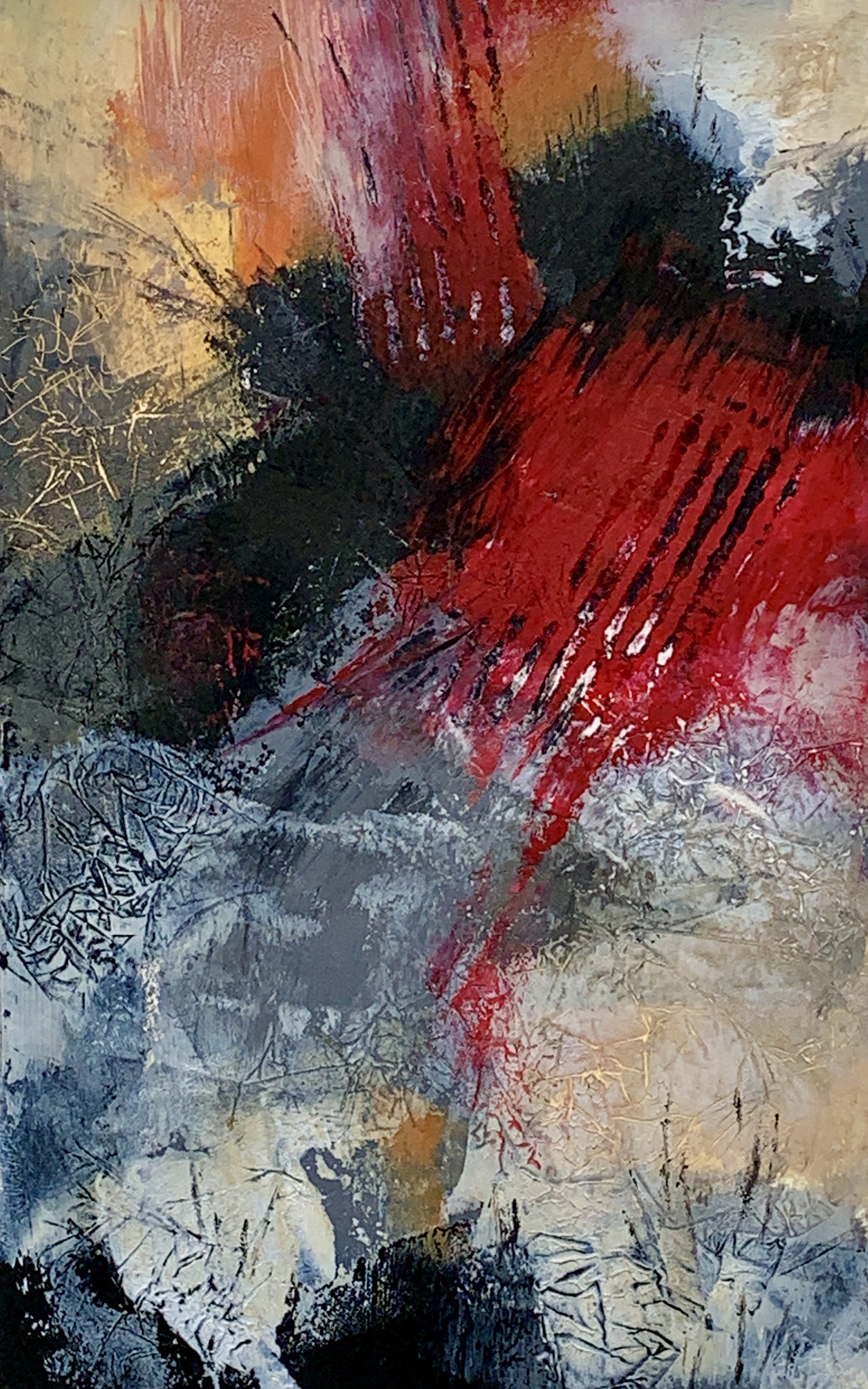

' CIA, NSA, shit, Jodie - we don't know how far up this goes.' Headlights flashed past, while Jim brewed and considered every potential option before them. ' Don't joke like that,' Jim had warned, hands gripping the steering wheel tightly. The truck hit the streets at a high speed, racing away from the fake body and unconscious state trooper inside. 'We should kick down the Laboratory's door,' Jodie had told Hop, her eyes wild as he kicked the police cruiser into gear. She spread out and sighed, letting her mind wander through the mess of a night. Taking in Jim's unease, Jodie waltzed towards his bedroom and flopped down on the mattress like the Queen of Ibiza. Jim scratched at his stubbled cheeks, his blue eyes trailing over the couch, the lamp, the mess of magazines and plates on his table. The smell of cigarettes and beer wafted around her, and she was tempted to have a smoke herself. JODIE STOOD SILENTLY in the midst of Jim's tiny living room, watching the man stalk from window to window, drawing the shutters tight so that no one would be able to peer inside to see the pair. To continue publishing, please remove it or upload a different image. Ngo L, Kelly M, Coutlee CG, Carter RM, Sinnott-Armstrong W & Huettel SA, Two distinct moral mechanisms for ascribing and denying intentionality, Scientific Reports, 5:17390, 2015.īruek H, Human brains are wired to blame rather than to praise, Fortune, December 4th 2015.Oops! This image does not follow our content guidelines. So reliable networks are happenstance rather than good engineering in the eyes of most people! So, we blame more frequently than we praise and we tend to assume that bad things are deliberate while good things are happenstance. Recent research has shown that blame and praise are assigned by different mechanisms in the brain and that blame can be assigned by every location in the brain responsible for emotion whereas praise comes only from a single location responsible for logical thought. But apparently that is the fault of the ultimate network: the human brain. And, engineers are responsible for all of the nodes in our networks of things and for just about all the connections in our networks of both things and people.Įngineers have been constructing networks by building nodes and connecting them for thousands of years, for instance the ancient Mesopotamians were building aqueducts to connect their towns with distance water supplies more than four millenia ago.Įngineered networks are so ubiquitous that no one notices them until something goes wrong, which means engineers tend to get blamed more than praised. A network is a group of interconnected things or people. The list is endless in our highly networked society. Communication networks, food supply networks, power networks, transport networks, networks of coastal defences, networks of oil rigs, refineries and service stations, or networks of mines, smelting works and factories that make everything from bicycles to xylophones. So, besides being ingenious, what do the rest of us do? Well, most of us contribute in some way to the conception, building and sustaining of networks. A few weeks ago I wrote that ‘ engineering is all about ingenuity‘ and pointed out that while some engineers are involved in designing, manufacturing and maintaining engines, most of us are not.


 0 kommentar(er)
0 kommentar(er)
